Dear Parents,
It has come to my attention that there is a recent buzz amongst parents regarding the concern for academic readiness of the child for grade school and even kindergarten. I am very happy that there is this sudden urge for parents to understand the importance and values of education and what that means for their young child and his or her future.
I realize that the goals, objectives, and values as well as the education and philosophical standpoints vary greatly among the parents of Wild Roots children. This is actually a wonderful thing! We hope to continue serving a diverse population of parents who all share the common desire to raise their children in such a way that is holistic in nature, and we realize that ALL of you do or you would not have enrolled your child at our center for learning in the first place.
With that being said, I would like to go over the word, “holistic” in terms of what the concept means in regards to the Wild Roots educational curriculum and environments.
To provide holistic education to the children means that “each child finds identity, meaning, and purpose in life through connections to the community, to the natural world, and to humanitarian values such as compassion and peace. Holistic education aims to call forth from people an intrinsic reverence for life and a passionate love of learning.” –Ron Miller
Robin Ann Martin says it perfectly. “A holistic way of thinking tries to encompass and integrate multiple layers of meaning and experience rather than defining human possibilities narrowly.”
We at Wild Roots do not view education, as it should be, as a narrow pathway of academia and blind adherence to rules, leading to an even narrower view of success. Instead, we rather trust in our knowledge as educators to provide a plethora of necessary tools and avenues for hands on learning, and trust in children’s ability to participate in their own individual learning path. This intrinsic way of education should also include the parental rights to involvement in the goals for their child through listening and understanding what it is that makes their child uniquely motivated to learn. Without motivation to learn, the child becomes someone who goes through the motions for meeting standards for the sake of adult satisfaction. This child will grow to struggle through school, and life until he or she finds what motivates them to learn or work in a way that gives them personal meaning to life.
We ALL have this passion or desire for learning within us, and it truly is unique to each of us. If we do not assist the early child to awaken that passion for the work he does or for the learning he is exposed to, we are not doing our jobs as parents and educators.
If you have walked through the doors of Wild Roots, you have most likely felt the difference between our school and others in the city of Temecula. You will not see a board of academic accomplishments, nor a rating chart of how our children test compared to others their age, nor will you find coloring pages tacked to the wall that children may have only colored in because they were expected to, whether or not they had any interest in the activity. You will not see a permanently laminated schedule posted up of the daily, weekly or monthly “themes” or blocks of scheduled times for language or math. You will not see the “letter of the week, or the “number of the day” nor will you see plastic toys and over stimulating primary colors painted all over the walls with ABCs and 123s plastered as a wallpaper border in the classrooms.
We do not have any intention of creating a generic factory of learners with products or outcomes of the children to be praised for without an understanding of what the praise’s meaning is or what the value of their work may be. It is our stance that children should not feel that they are in an institution of learning in order to make adults happy or to be proud of them. Rather, they should feel that they are in a comfortable home like environment where they are treated with respect and honor, and empowered and encouraged to become the most conscious generation of the world.
I think that we should give these children the incredible experience of what we would have wanted as a child and may or may not have had the privilege of having. We should not always shower the children with excitement, stimulation, toys, and praise, if they in return “behave” and “receive good marks in school.” Rather, provide opportunities for them to learn what they need to on an individual basis and become who they were meant to be at all stages of life.
There is no end to learning. It doesn’t begin in preschool and end after college. It begins in the womb and contains no end that we know of. To give the child a narrow point of view that the only value and importance of education is to end up with an outcome of riches and outward success, is to deprive them of what we know to be true: Education is a human right to be treated with dignity, and intense passion, which is in all things around us. From the conversations we have, to the process of creating something unique, to the practice of courage, to the understanding of our place in the natural world and through space and time, to developing emotional and intellectual intelligence through the spirit of the human soul, we learn everything. And yes, of course we also learn in the classroom. The classroom is such a small part of education when you really think about the vast learning that goes on in real life. However, classroom learning is important, as it prepares children by providing them knowledge and skills to apply to real life. And that is what Wild Roots strives to do.
I’ve come to realize over time and through observations in motherhood and teaching, that if the child isn’t given what he naturally craves, he may instead desire toys, superficial items that bring temporary happiness, and meaningless praise for misunderstood accomplishments. I know that when I was a child, I wanted peace, comfort, beautiful surroundings, plants, flowers, sunshine, rain, music, dance, sports, art, joy, respect from adults, understanding of others, and compassion from the world. When I felt taken care of, and motivated to work, I performed at my best and could be authentically proud of my accomplishments. In fact, nothing has changed because as an adult, these concepts still apply.
Wild Roots is a center for learning that inspires the individuality of each child and adult (including teachers and parents) to be a LIFE LONG NATURAL LEARNER and active contributor to society in a way that asks of us to: love one another and the work that we do, build emotional intelligence by learning how to empathize with others, learn through experience and trial and error, and create with ones hands in order to fully take ownership of the learning process.
There is no argument that children and adults alike learn best by doing, constructing, experimenting, practicing, repeating, learning from mistakes, and reflecting. “I hear and I forget, I see and I remember, I do and I understand” – Chinese Proverb
The educators at Wild Roots are interested in aiding in the self-discovery of the child or what educational philosophers and researches call the “Self Construction of the Child”. Allowing a child to construct his own mind and have freedom with discipline, will give him a perfect balance for later success. By allowing for constant interaction, continuous learning, long term group work, research and measurement, scientific experiments, the children are building their intellect, which will provide the most incredible readiness for academics. Without this readiness or disposition for later academics, they will lack the strength and discipline needed for executive functioning, logical order, and social grace.
We want the children to have “Free Agency” which means the child has control over his actions and thoughts, his own behaviors, work, and relationships. Building trust within the child to make those choices bonds the child and caregiver relationship and encourages the child to choose wisely. It also gives the child the skills needed for independent thought. With that being said, teachers also give balance to the children by providing order in the environment and sequencing in materials and lessons that inspires peaceful learning.
The children are learning every single day, regardless if they come home reporting what they learn or with a product to show you. The learning that they do is through hands on materials and lessons, observation and exploration of sensorial activities, and interactions with each other in group projects. No matter how young, the child is exposed to language, mathematics, science, and art throughout each week they attend school. Once the children display the concentration, disposition, and readiness for formal academics (reading/writing/math operations), they are given every opportunity to advance and do with excellence. However, we are not in the business of rushing kids along a “conveyer belt” of standards before it is deemed appropriate by our teachers. That can develop a child’s self-concept and self-worth in the wrong ways. The most important foundation of knowledge for a child is the understanding of how a society operates efficiently and peacefully, how to be respectful, how to be patient, how to listen and communicate, how to practice grace and courtesy, and how to behave according to their inner authentic selves. Skipping that foundation and/or not concentrating on the refinement of the child’s motor skills would be a mistake. And we will not do that to the children.
Our main goal is that our children are being given new lessons according to their current progress and readiness and also according to their learning style. Not every child will learn the exact same way and at the same pace, therefore we cannot teach them the same ways and in the same rate as others. This is the beautiful thing though! It is not necessary for every 3, 4, or 5 year old to learn the same things, in the same manners, or at the same time. They are all different, as they should be. They are humans, not machines.
Some children will leave our school reading and writing, and understanding math operations, others will leave our school with great skills in craftsmanship and knowing all of his letter sounds and counting to 100, another might be a master in sewing and science and know half her alphabet, others might leave with the true understanding of land and water forms and the names of many countries and animals that live there. The bottom line is that regardless of the specific knowledge that the children possess when graduating from Wild Roots, each child will know that they are important, intelligent and capable of contributing to society in unique ways. No one else in the world will make an imprint on other people and the world around them exactly like another. They will also leave knowing the value of kindness, patience, understanding, and passion for learning.
I am sure that you all see the way that your child communicates, thinks about things, and feels about his or her surroundings. Those are the evidences to look for when measuring his learning achievements. Thank you for reading!!
To provide holistic education to the children means that “each child finds identity, meaning, and purpose in life through connections to the community, to the natural world, and to humanitarian values such as compassion and peace. Holistic education aims to call forth from people an intrinsic reverence for life and a passionate love of learning.” — Ron Miller
Yours Truly,
Brittany Tobin
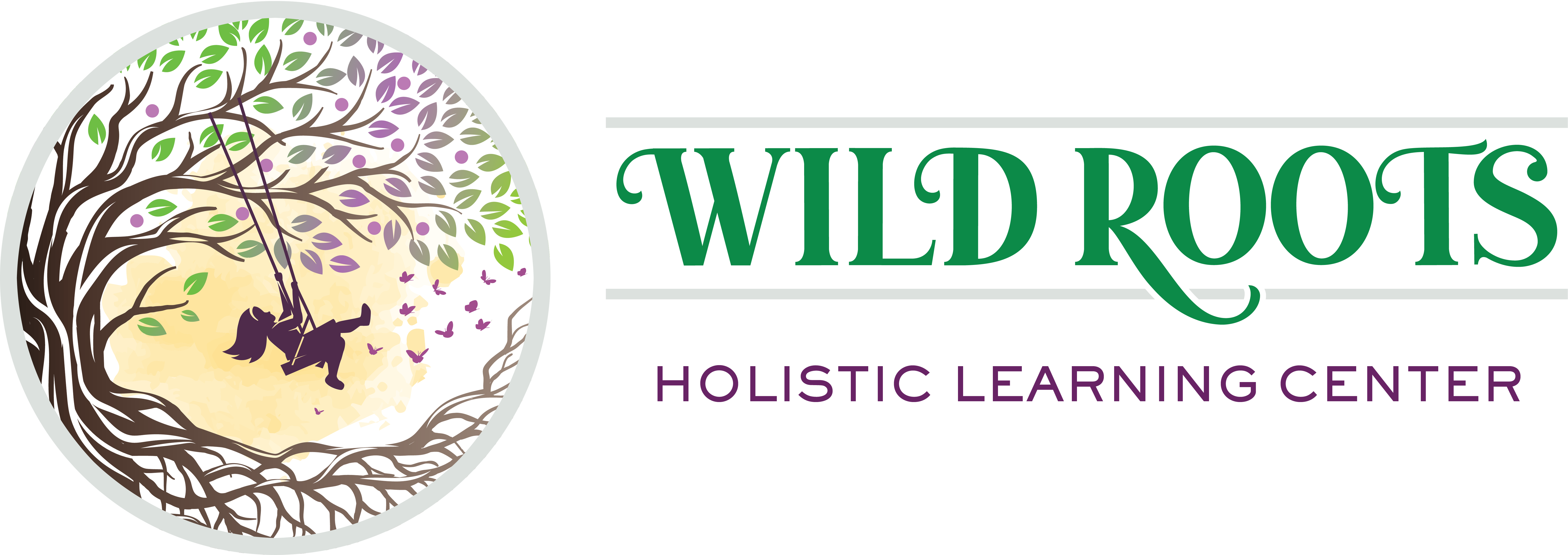
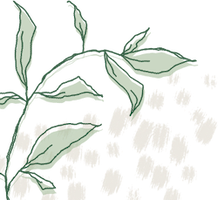
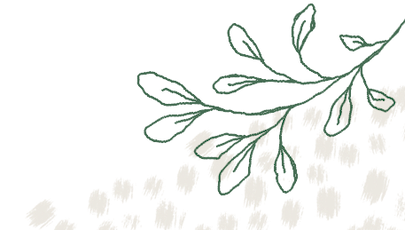
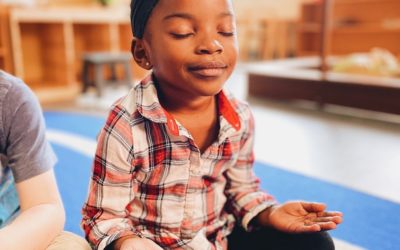
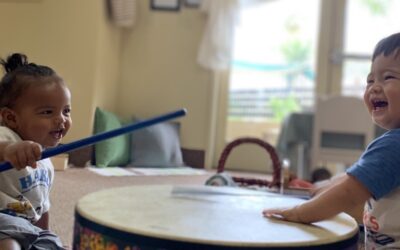
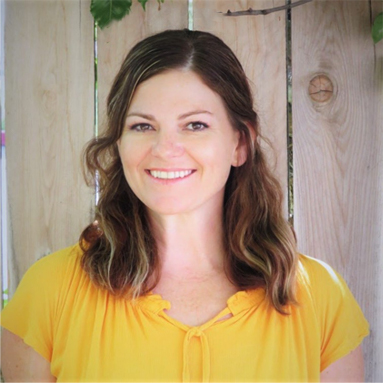
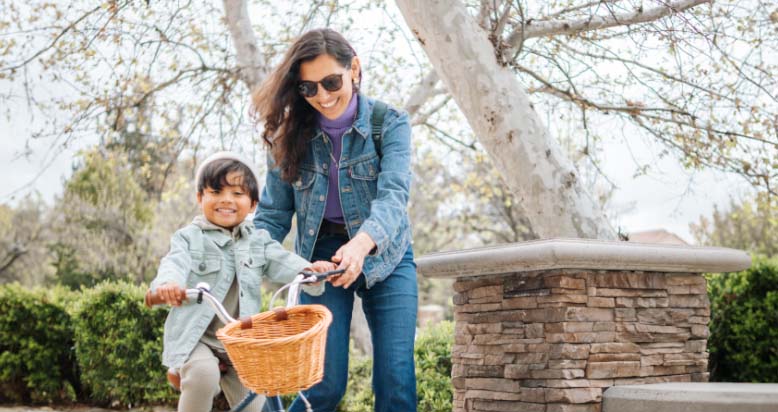
0 Comments